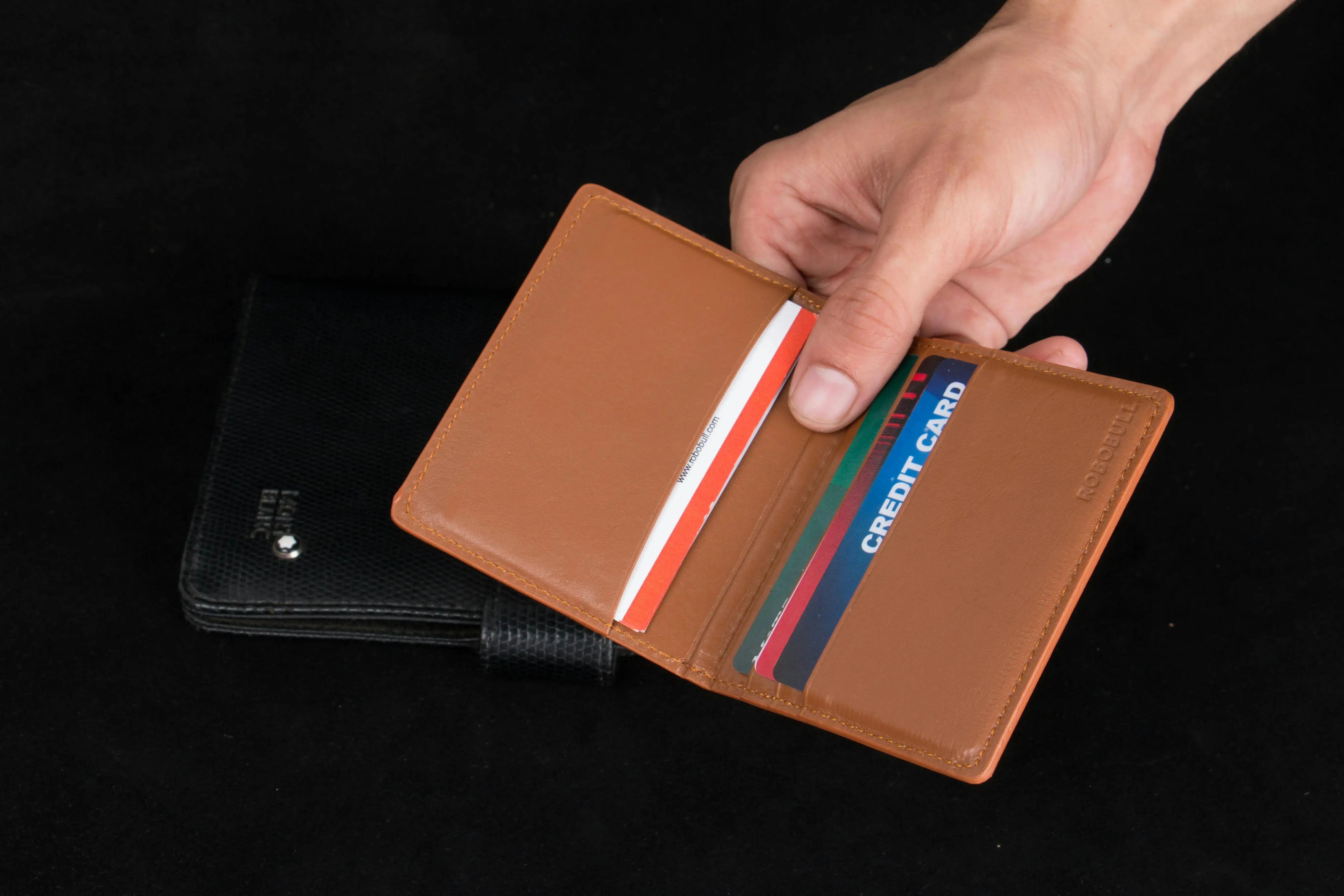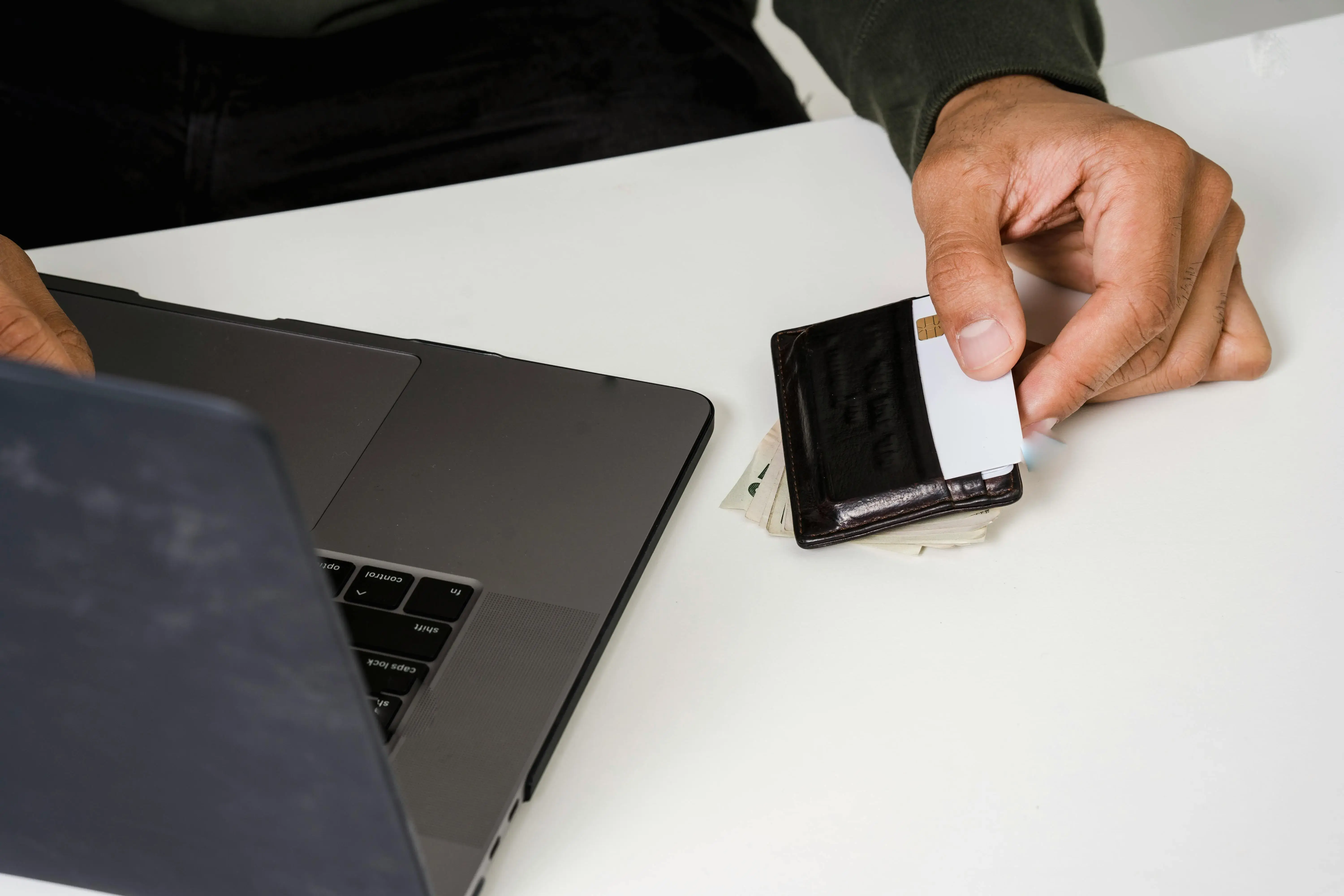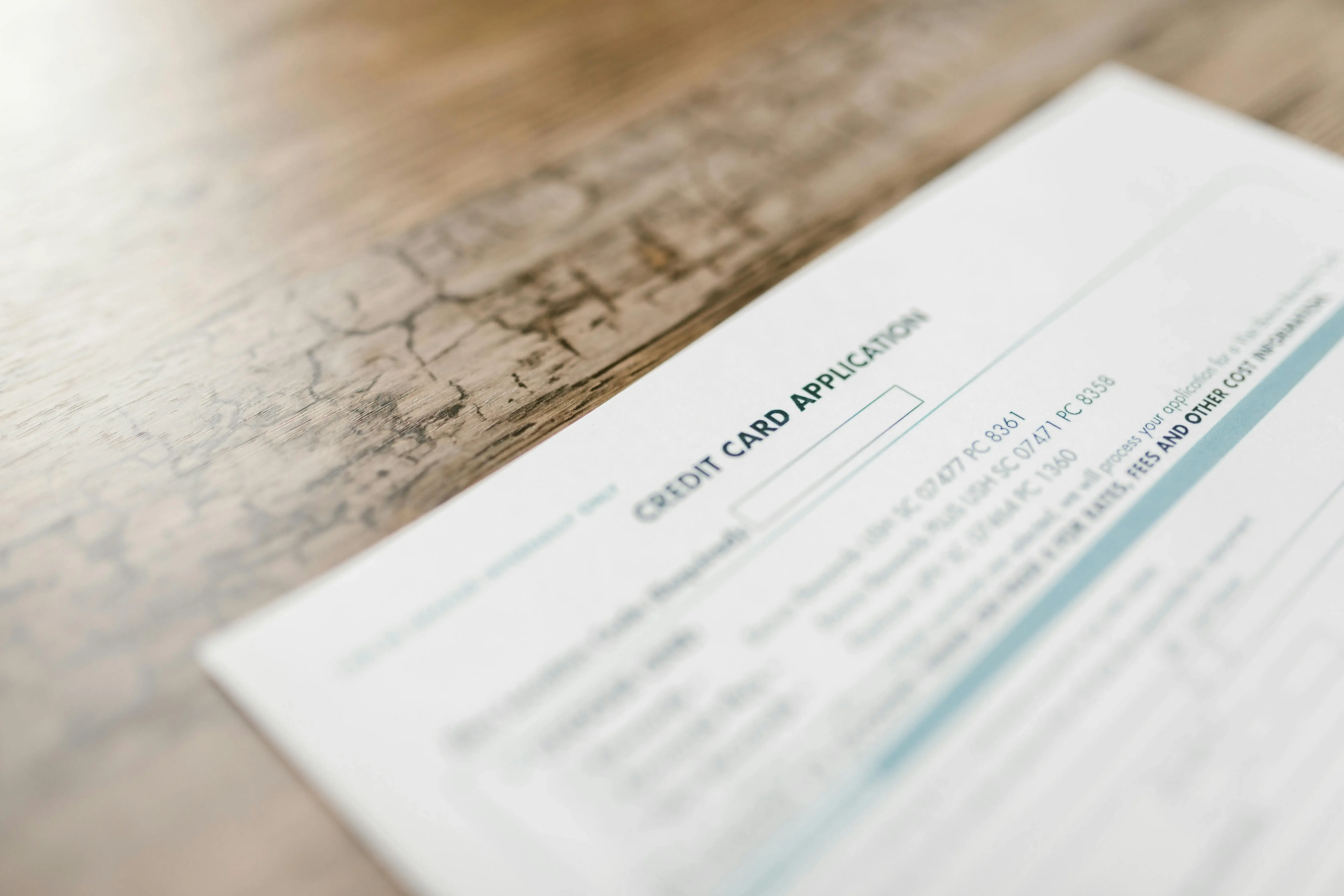
Kudos has partnered with CardRatings and Red Ventures for our coverage of credit card products. Kudos, CardRatings, and Red Ventures may receive a commission from card issuers. Kudos may receive commission from card issuers. Some of the card offers that appear on Kudos are from advertisers and may impact how and where card products appear on the site. Kudos tries to include as many card companies and offers as we are aware of, including offers from issuers that don't pay us, but we may not cover all card companies or all available card offers. You don't have to use our links, but we're grateful when you do!
Best Credit Cards for Bad Credit: Your Path to Financial Recovery
July 1, 2025


Having bad credit can feel like a financial prison, but there's hope. The right credit card can be your ticket to rebuilding your creditworthiness and opening doors to better financial opportunities. In this comprehensive guide, we'll explore the best credit cards for bad credit and how they can help you rebuild your financial foundation.
What Are Credit Cards for Bad Credit?
Credit cards for bad credit are specifically designed for individuals with credit scores typically below 580. These cards come in two main varieties: secured cards, which require a security deposit that usually becomes your credit limit, and unsecured cards, which don't require collateral but often have higher fees and stricter terms.
The primary purpose of these cards is to help users rebuild their credit history through responsible card usage and regular reporting to all three major credit bureaus (Equifax, Experian, and TransUnion).
Kudos credit ranges are a variation of FICO® Score 8, one of many types of credit scores lenders may use when considering your credit card application.
Best Credit Cards for Bad Credit: Pros and Cons
Secured Credit Cards
Pros:
- Lower annual fees compared to unsecured options
- Refundable security deposit
- Higher approval rates
- Potential for credit limit increases
- Clear path to graduation to unsecured cards
Cons:
- Requires upfront security deposit
- Generally lower credit limits
- May not offer rewards programs
- Security deposit ties up your money
Unsecured Credit Cards
Pros:
- No security deposit required
- Immediate access to credit
- Some cards offer basic rewards
- No collateral needed
Cons:
- Higher annual fees and APRs
- More stringent credit requirements
- Lower initial credit limits
- May include additional processing fees
Who Should Consider Credit Cards for Bad Credit?
These cards are ideal for:
- Individuals recovering from bankruptcy
- People with limited credit history
- Those looking to rebuild after financial hardships
- Students with no credit history
- Consumers with credit scores below 580
Comparing Popular Credit Cards for Bad Credit
When evaluating credit cards for bad credit, consider these key factors:
- Annual Fees: Look for cards with reasonable annual fees under $100
- Credit Bureau Reporting: Ensure the card reports to all three major credit bureaus
- Upgrade Potential: Choose cards offering a clear path to better terms
- Credit Requirements: Check prequalification tools to avoid hard inquiries
- Additional Features: Consider cards offering credit-building tools and education
Top Features to Look For
- Regular credit bureau reporting
- Free credit score monitoring
- Automatic credit limit increase reviews
- Online prequalification tools
- Fraud protection features
- Mobile app accessibility
Consider Using Kudos to Maximize Your Benefits
While rebuilding your credit is important, you shouldn't miss out on potential rewards. Kudos is a free AI-powered browser extension that helps you maximize credit card benefits, even with credit-building cards. It automatically suggests the best card to use for each purchase and can help you earn up to 5X rewards during special Flash Boost events.
If you're looking to get more out of your credit cards, Kudos is the best free shopping app to use when you shop online. They're currently offering $20 back after your first eligible purchase — just sign-up for free with code "GET20" and make a purchase at a Boost merchant.
Our Expert Takeaway
The journey to better credit starts with choosing the right card for your situation. While secured cards often provide the most straightforward path to credit improvement, unsecured options can work for those unable to provide a security deposit. Remember that responsible use, including maintaining low credit utilization and making on-time payments, is crucial for rebuilding your credit score.
Frequently Asked Questions About Credit Cards for Bad Credit
What credit score is needed for a bad credit credit card?
Most credit cards for bad credit accept scores below 580, with some cards having no minimum credit score requirement.
How long does it take to rebuild credit with a secured credit card?
With responsible use, you may see improvement in your credit score within 6-12 months, though significant improvements typically take 12-24 months.
Can I get approved for an unsecured card with bad credit?
Yes, though options may be limited and terms less favorable. Using prequalification tools can help you find suitable options without impacting your credit score.
How much deposit is required for a secured credit card?
Most secured cards require a minimum deposit of $200-$500, which typically becomes your credit limit.
Will using a secured credit card help improve my credit score?
Yes, secured cards can help improve your credit score when used responsibly, as they report payment history to all three major credit bureaus.
What happens to my security deposit if I close my secured card?
Your security deposit is typically refunded when you close your account, provided your balance is paid in full and the account is in good standing.
Unlock your extra benefits when you become a Kudos member

Turn your online shopping into even more rewards

Join over 400,000 members simplifying their finances

Editorial Disclosure: Opinions expressed here are those of Kudos alone, not those of any bank, credit card issuer, hotel, airline, or other entity. This content has not been reviewed, approved or otherwise endorsed by any of the entities included within the post.


































.webp)
.webp)



.webp)



